Learning from James, the half-brother of Jesus, about Business Ethics & Financial Stewardship
So it turns out that the early church didn’t get it all right!
Throughout the New Testament, we find great examples of people managing their money well and being generous, but we also see some falling into the traps of greed and wealth that Jesus and other NT writers warned about. James, who was the half-brother of Jesus and a leader in the early church, had to speak out against this. He called out members of the church who were being unethical in their business dealings and hoarding their ill-gotten gains.
Let’s take a look at what James had to say and learn from it so we don’t repeat the same mistakes!
James 5:1-6 | Warning to the Rich
Come now, you rich, weep and howl for the miseries that are coming upon you.
Your riches have rotted and your garments are moth-eaten. Your gold and silver have corroded, and their corrosion will be evidence against you and will eat your flesh like fire. You have laid up treasure in the last days. Behold, the wages of the laborers who mowed your fields, which you kept back by fraud, are crying out against you, and the cries of the harvesters have reached the ears of the Lord of hosts. You have lived on the earth in luxury and in self-indulgence. You have fattened your hearts in a day of slaughter. You have condemned and murdered the righteous person. He does not resist you.
Let’s Break Down This Passage:
A Warning Against Unethical Wealth Accumulation
James starts by warning those who are rich that they need to be ready for some tough times ahead because of how they've been handling their businesses and their wealth. He paints a picture of their wealth rotting away and their fancy clothes being eaten by moths, because they are storing up treasures on earth and not in heaven.
"Now listen, you rich people, weep and wail because of the misery that is coming upon you. Your wealth has rotted, and moths have eaten your clothes. Your gold and silver are corroded. Their corrosion will testify against you and eat your flesh like fire. You have hoarded wealth in the last days."
James is telling the rich that their wealth won’t last if they keep making money in dishonest ways and then hoarding it for themselves. He's saying that they're focusing too much on getting rich here and now without thinking about what really matters in light of eternity.
Advocating for Fair Wages and Just Treatment of Workers
James also calls out those who mistreat employees. He says that if they don’t pay fair wages or treat their workers well, it's like their workers are crying out to God for justice. This is a reminder that how we treat others, especially those who work for us, matters to God.
"Look! The wages you failed to pay the workers who mowed your fields are crying out against you. The cries of the harvesters have reached the ears of the Lord Almighty."
Critiquing Excessive Luxury and Self-Indulgence
"You have lived on earth in luxury and self-indulgence. You have fattened yourselves in the day of slaughter," says verse 5.
He points out that some people are living in luxury while ignoring the needs of others. He's saying that living a life of excess while others suffer isn't right. How many social media influencers and celebrities can you think of that encourage us to do just the opposite? We are bombarded with messages of how we should strive to reach financial independence so one can retire early and live a life of comfort and leisure. James suggests that such lifestyles are morally questionable, especially when widespread poverty and injustice exist. Conversely, embracing a more modest lifestyle through budgeting, setting a financial finish line, and sacrificially giving should be seen as praiseworthy achievements because godliness with contentment is GREAT GAIN - 1 Timothy 6:6
Calling for Accountability and Justice
Finally, verse 6 condemns the use of power and wealth to oppress and harm the innocent: "You have condemned and murdered innocent men, who were not opposing you."
James condemns those who use their power and wealth to hurt innocent people. He’s saying that nobody should get away with hurting others just because they have money and influence.
James’ message is a timeless reminder that supports compassion in business ethics and faithful financial stewardship. His charge to followers of Jesus is to treat people fairly, live modestly, give generously, and seek justice. When we manage our finances in a way that honors God and helps others, we’re living out our faith in a real and powerful way. Let’s make sure our actions line up with our beliefs as we steward everything for the glory of God and the good of our neighbor near and far.
For further study consider joining The Steward Investor Masterclass. New cohorts will be launching soon. Reserve Your Seat in a group to add your voice to the conversation on Biblical Stewardship and Faith-Driven Investing.
Additionally, if you are interested in setting a financial finishline see: Should You Set A Financial Finishline? - An excellent article by our good friend Cody Hobelman, host of The Financial Finish Line Podcast.
